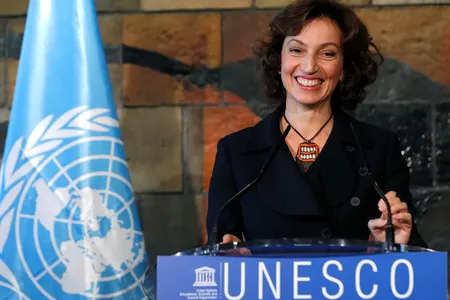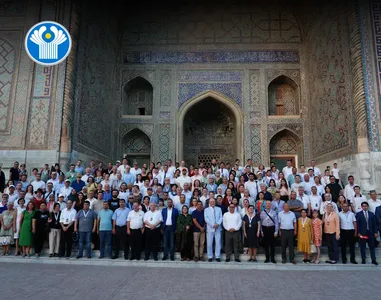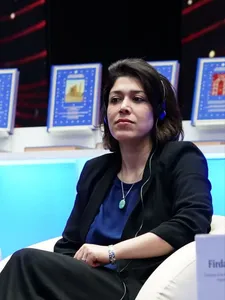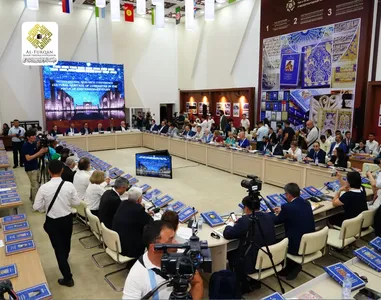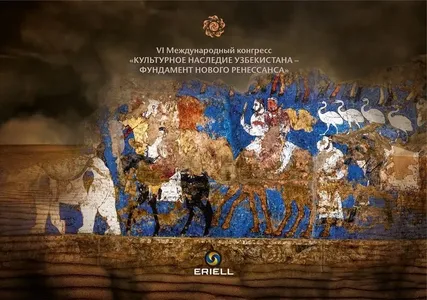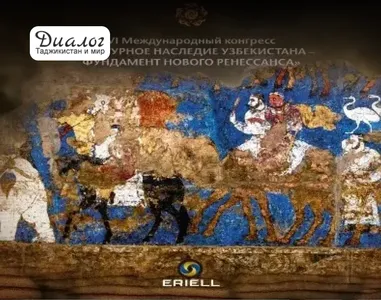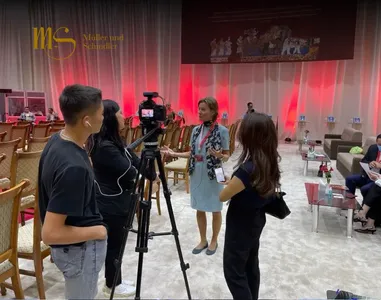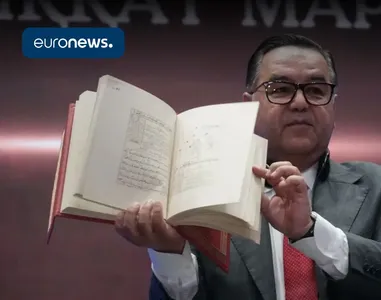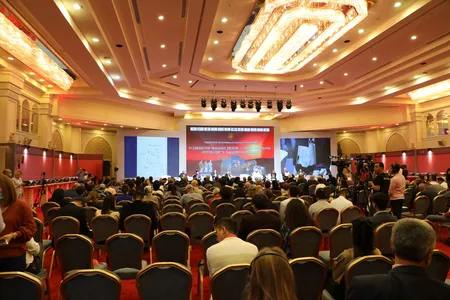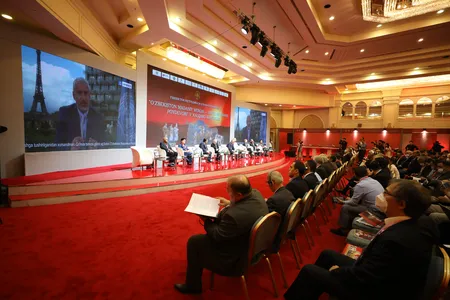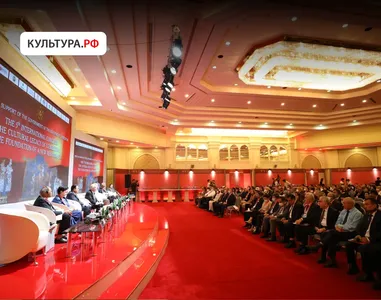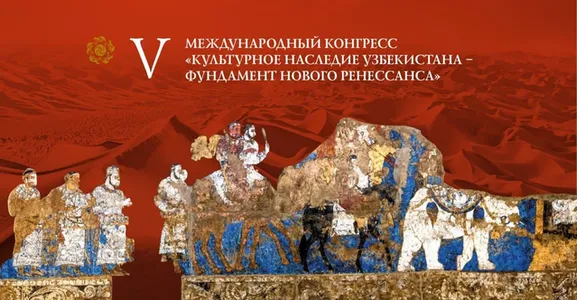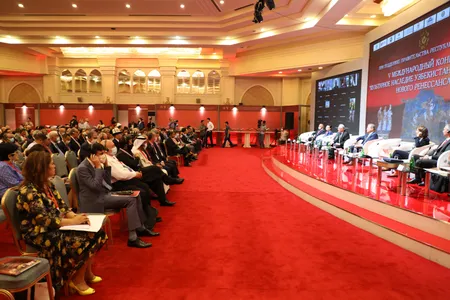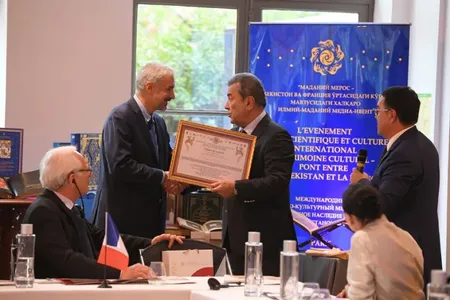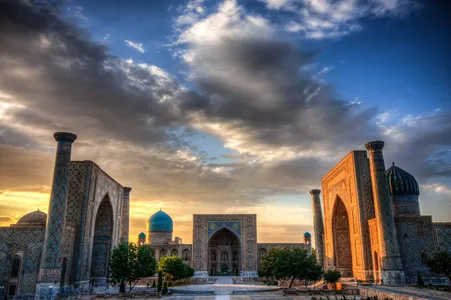Thirty years ago today, journalists, editors and publishers from across Africa gathered to draft the Windhoek Declaration for the Promotion of a Free, Independent and Pluralistic Press, a call for press freedom.
This landmark declaration aimed to make the free flow of information a public good - a goal that continues today. Since 1991, the information landscape has undergone tremendous changes, especially with the advent of the Internet and social media. We now have incredible opportunities to express ourselves, be informed, and connect with others. But we also face misinformation and hate speech, the growth of media business models, and the concentration of power in the hands of a few private companies. The pandemic has highlighted the need for reliable data. It was independent journalism that helped us understand this crisis. Journalists reported from the field, even risking their personal lives. Many were threatened, arrested, harassed, especially women. In 2020, 62 journalists died for their work, and many more lost their lives due to COVID-19. We have them to thank.
The pandemic has also exacerbated existing problems, with many media outlets now facing financial losses. The power of internet platforms has become more entrenched, with lockdowns forcing much of everyday life online. And misinformation and rumors ran rampant, in some cases with disastrous consequences. The theme of this year's World Press Freedom Day, "Information in the Public Interest," emphasizes the unquestionable importance of verified and reliable information. It focuses on the important role of independent and professional journalists in producing and disseminating this information by combating misinformation and other harmful content. This theme is linked to UNESCO's efforts to ensure the long-term health of independent, pluralistic journalism and the safety of media workers everywhere, including through the UN Plan of Action on the Safety of Journalists and Impunity.
As part of these efforts, we are working to increase transparency on online platforms in areas such as content moderation while respecting human rights and international freedom of expression. We are equipping citizens with the media and information literacy skills they need to navigate this new information landscape, so they can avoid deception or manipulation online.
Today, as we celebrate the 30th anniversary of this landmark text at the World Press Freedom Conference in Windhoek, Namibia, on the 2nd and 3rd, we are working to ensure that this changing landscape is reflected in the principles enshrined in the Windhoek Declaration. May As we celebrate World Press Freedom Day, I urge everyone to renew their freedom commitment to the fundamental right of freedom of expression, protecting media workers and joining us in ensuring that information remains in the public interest. On behalf of UNESCO, you are invited to "New Uzbekistan. New look" and I wish you success"

